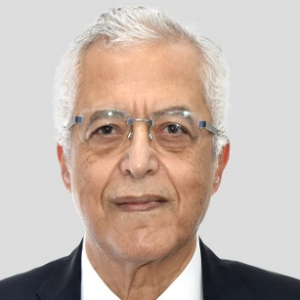Biobanking
The term "biobanking" is sometimes misused to refer to any collection of human biological materials (biospecimens), regardless of ethical or regulatory restrictions or the uniformity of various tissue collecting procedures. Large collections of biospecimens connected to important personal and health information (health records, family history, lifestyle, genetic information) are stored primarily for use in health and medical research, according to a suitable definition of biobanks. Furthermore, the International Organization for Standardization emphasizes the concept of biobanks as legal entities driving the acquisition and storage process, as well as some or all of the activities related to collection, preparation, preservation, testing, analysis, and distribution of defined biological material, as well as related information and data (ISO 20387:2018). It's impossible to identify all of a biobank's distinguishing characteristics because they all have diverse histories and goals. Furthermore, biobanks are concerned with the public good rather than individual rewards for participants, and seek to give a public benefit for future generations through the translation and application of research findings. It's critical to recognize that biological samples are "pseudonymized" rather than completely "anonymized"; this is crucial for providing feedback to sample owners, retrieving valuable information, and reuniting them with their specimens

Nagy Habib
Imperial College London, United Kingdom
Lucie Bacakova
Institute of Physiology of the Czech Academy of Sciences, Czech Republic



Title : AI-integrated high-throughput tissue-chip for space-based biomanufacturing applications
Kunal Mitra, Florida Tech, United States
Title : Stem cell technologies to integrate biodesign related tissue engineering within the frame of cell based regenerative medicine: towards the preventive therapeutic and rehabilitative resources and benefits
Sergey Suchkov, N.D. Zelinskii Institute for Organic Chemistry of the Russian Academy of Sciences, Russian Federation
Title : In vitro evaluation of lyophilized Dedifferentiated Fat cells (DFAT) impregnated artificial dermis
Kazutaka Soejima, Nihon University, School of Medicine, Japan
Title :
Nagy Habib, Imperial College London, United Kingdom
Title :
Alexander Seifalian, Nanotechnology & Regenerative Medicine Commercialisation Centre, United Kingdom
Title : The regenerative medicine of the future
Marco Polettini, DVM, Italy